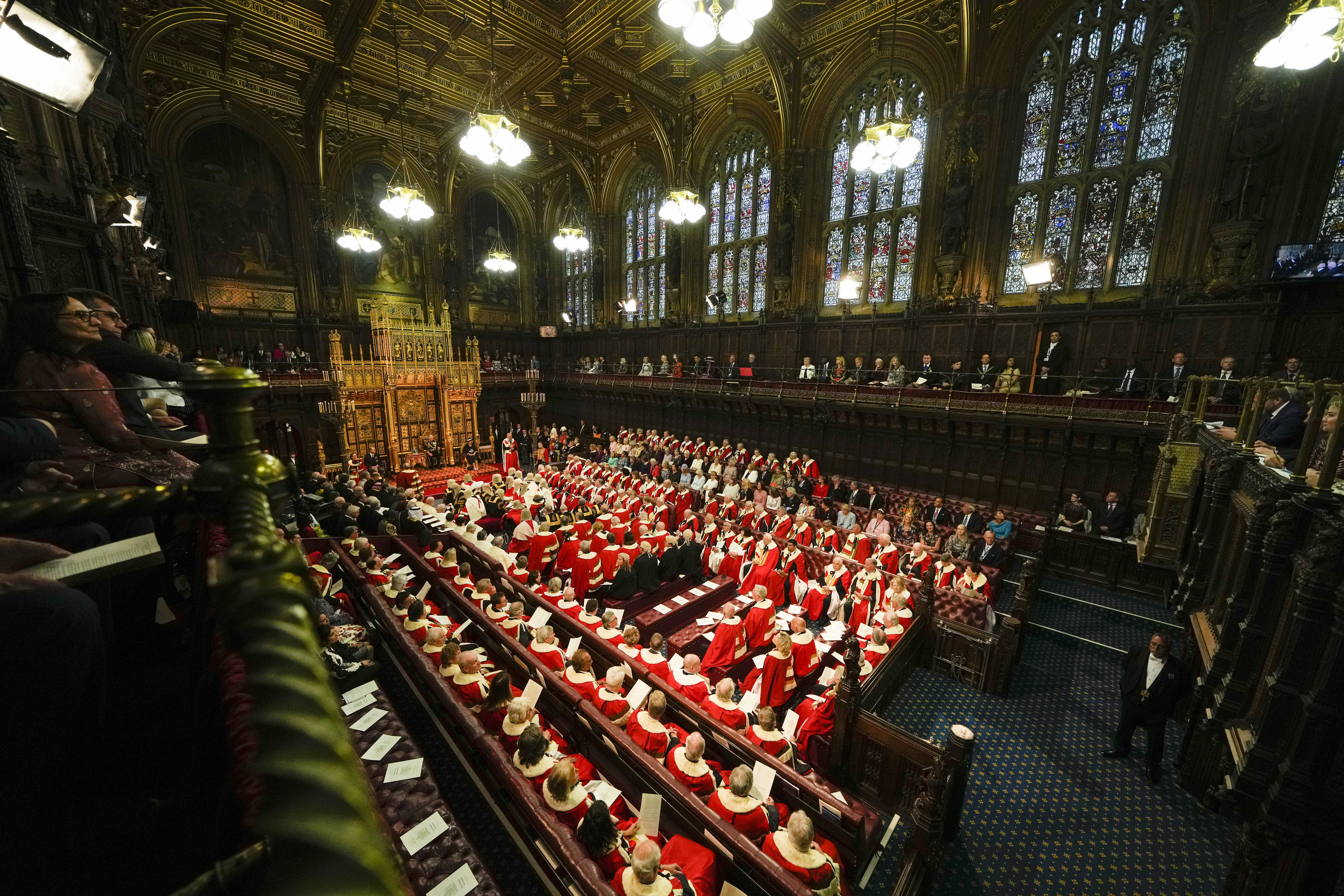Is this Boris Johnson’s ‘lavender list’ of new peerages?
This round of nominations is for ‘working peers’, as John Rentoul explains


A list of 25 new members of the House of Lords is expected to be announced in the next few days. A draft of the names has been leaked to The Daily Telegraph, whose political editor reports that some changes could still be made before publication: the list includes 15 Conservative nominations, eight Labour and two others.
However, this list is of normal political nominations, and is separate from Boris Johnson’s resignation honours list, which is reported to be “weeks or even months away from publication”.
Outgoing prime ministers are entitled to draw up a final list of honours – something that has often been controversial since Harold Wilson ennobled some of his business friends when he resigned in 1976. That list was alleged to have been written on “lavender” coloured paper, although Marcia Williams, Wilson’s political secretary who wrote it, denied it.
The only recent prime minister who declined the privilege of a resignation honours list was Tony Blair – he had already had enough trouble with untrue allegations that he had promised peerages in return for loans to the Labour Party. Gordon Brown didn’t call his a resignation list, but his dissolution honours after the 2010 election were essentially the same thing.
David Cameron resumed the practice and he and Theresa May used theirs to reward their No 10 teams.
Johnson’s resignation list, which he is said to have drawn up when he left office a month ago, is rumoured to be controversial, but the political honours expected to be announced imminently are broadly as expected.
Paul Dacre, the former editor of the Daily Mail, is probably the best known name on the list, as a consolation prize for Johnson’s failure to appoint him – more controversially – as the head of Ofcom, the media regulator. Sir Michael Hintze, a business leader who has donated £4.7m to the Tory party, is on the list along with Andrew Roberts, the historian, and Tony Sewell, who chaired the government’s commission on race and ethnic disparities.
Five Tory former MPs will move from the green benches to the red ones (after an interval), including, in an act of minor political generosity, Sir Nicholas Soames, one of the MPs expelled by Johnson from the parliamentary Conservative Party over Brexit.
By convention, the leader of the opposition is entitled to half as many nominations, and Keir Starmer has used one of his to make a second attempt to get Tom Watson, the former deputy Labour leader, into the Lords. Watson was rejected by the House of Lords Appointments Commission two years ago, when Jeremy Corbyn nominated him; his nomination was thought to have been narrowly overturned because of his support for the allegations of a paedophile ring at Westminster made by Carl Beech, the fantasist who was later jailed.
Finally, the Democratic Unionist Party has nominated Christopher Moran, a business person who chairs Co-operation Ireland, a “peace-building” charity, while the party’s former leader (and former member) Arlene Foster will sit as a non-aligned peer.
Most of these nominations are intended to be of “working peers”, needed by the parties to maintain the business of government and opposition in the upper house. Whatever one thinks of a legislative chamber made up mostly of political appointees, the real controversy is probably still to come, when Johnson’s personal list of resignation honours is published.
Join our commenting forum
Join thought-provoking conversations, follow other Independent readers and see their replies
Comments
Bookmark popover
Removed from bookmarks